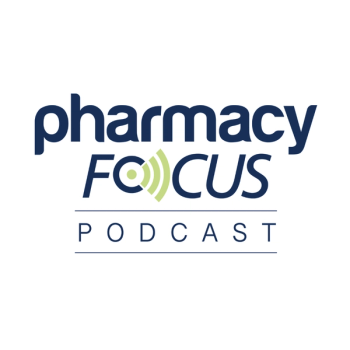
Conference Coverage
Latest News

Q&A: Making Plant-Based Eating Practical in Pharmacy-Led Cardiometabolic Care

TrumpRx Launches, Offering Cash-Paying Patients Discounted Drugs

Q&A: How Pharmacists Can Address Structural Barriers in Obesity Care
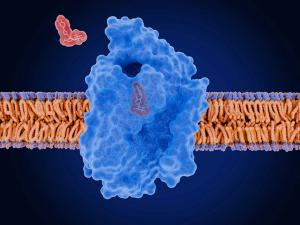
SGLT2 Inhibitors in T2D Lower 5-Year Risk of CKD and Acute Kidney Injury

From Clinician to Operator: What Pharmacy Ownership Teaches That School Does Not

Shorts










Podcasts
Videos
Continuing Education
All News

In addition to increased prevalence, the age of diagnosis has also decreased.

India has confirmed 2 Nipah infections in West Bengal as surveillance tracks 196 contacts with no spread, with the World Health Organization outlining symptoms, transmission, and response measures.

Emerging ultraprecision therapies target CALR mutations in myelofibrosis, promising more effective treatments and improved patient outcomes for pharmacists.

Legislation targeting the practices of pharmacy benefit managers (PBMs) was passed by Congress and signed by the president, with the goal of greater transparency and increased pharmacy access.
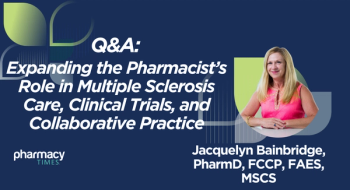
Pharmacists enhance multiple sclerosis care through collaborative practice agreements, improving patient outcomes and bridging gaps in treatment and education.

MFN drug pricing ties Medicare payments to the lowest prices abroad, promising lower costs but sparking legal, access, and innovation concerns.

Study results suggest young participants who survived cancer have difficulty in areas such as memory, attention, and ability to process information compared with those who did not have cancer.
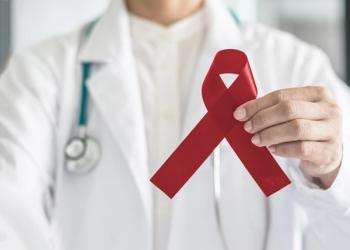
Phase 1 data show oral NSD2 inhibitor KTX-1001 delivers durable disease control in high-risk myeloma, with manageable thrombocytopenia and combo plans.

Experts discuss the role of pharmacists in CAR T-cell and gene therapy at the 2026 ASTCT Tandem Meeting in Salt Lake City.

As biomedical research output continues to grow, so does the demand for professionals who can accurately interpret data and communicate it responsibly to diverse audiences.

COVID-19 significantly impacts diagnosis rates for depression, asthma, and osteoporosis, revealing health care inequities and the need for improved monitoring.

A pharmacist-physician model significantly reduces wait times for atrial fibrillation care, enhancing patient access and treatment effectiveness in underserved areas.

Replacing animal products—particularly processed meats—with plant-based foods, including some processed options, can lower cardiometabolic risk and offer pharmacists practical counseling opportunities alongside medication therapy.

Pharmacists learn how protective purchasing impacts drug shortages and discover strategies to enhance supply chain visibility and patient access to essential medications.

Dato-DXd is a promising first-line treatment for metastatic triple-negative breast cancer, enhancing patient outcomes.

Explore all 16 agreements struck thus far between pharmaceutical companies and the White House to adhere to most favored nation pricing for drugs sold in the United States.

Pharmacists guide consumers in selecting quality dietary supplements, emphasizing the importance of USP verification for safety and efficacy.


Treatment with semaglutide offers benefits beyond solely cardiovascular risk reduction, lowering the risk of hospitalization across a range of comorbidities.

Innovative biodegradable nanoplatforms enhance cancer therapy by integrating targeted drug delivery and real-time imaging, revolutionizing oncology practices for pharmacists.

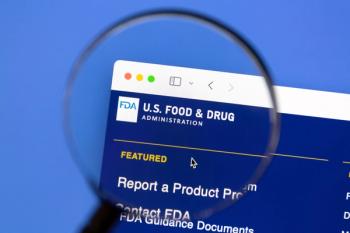
The FDA cited human factors unrelated to the drug's efficacy as the reason for rejection.

A Defining Moment for Health System Pharmacy: Advancing Competency, Policy, and Patient Need in 2026
Pharmacists are transforming patient care in 2026, enhancing clinical outcomes through innovative practices and expanded responsibilities in health systems.








